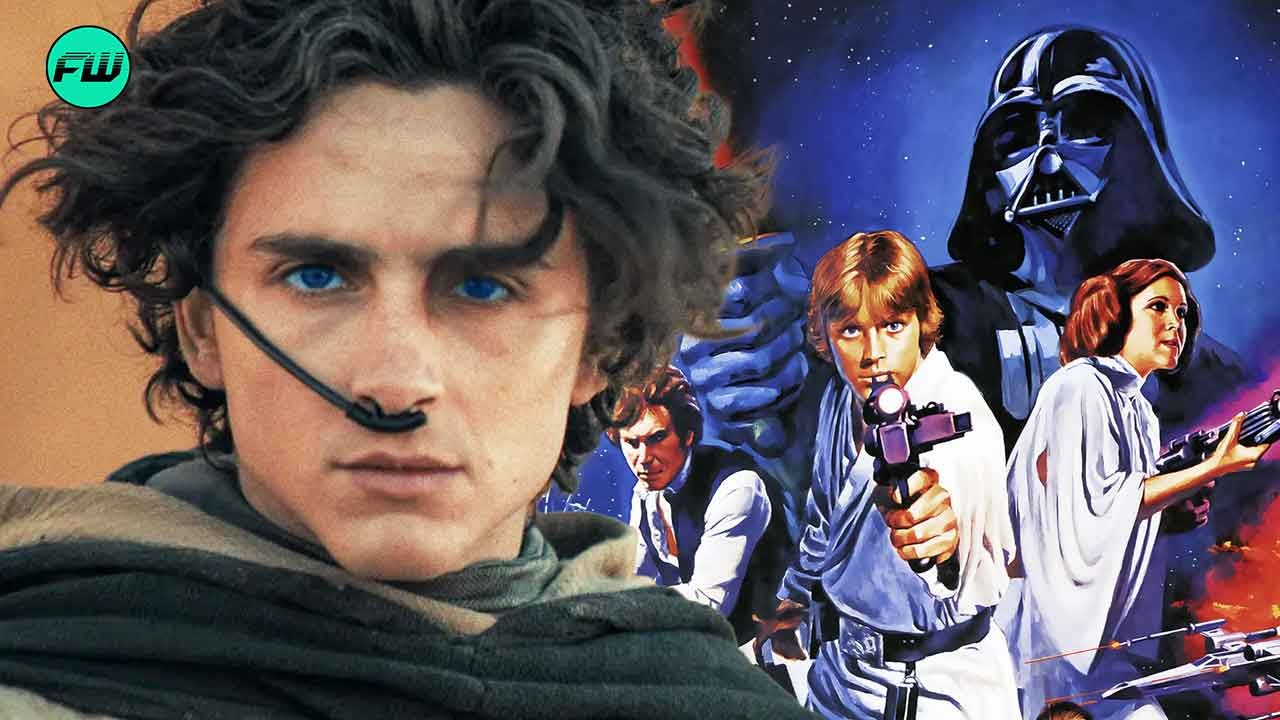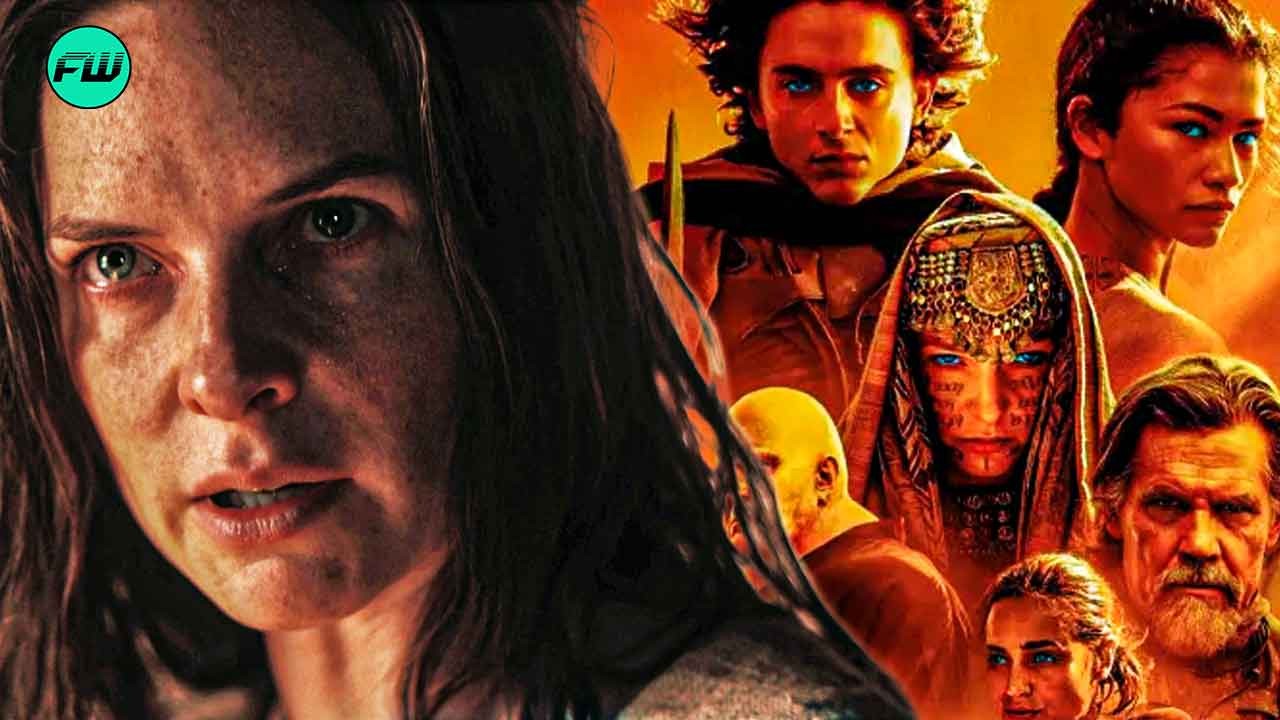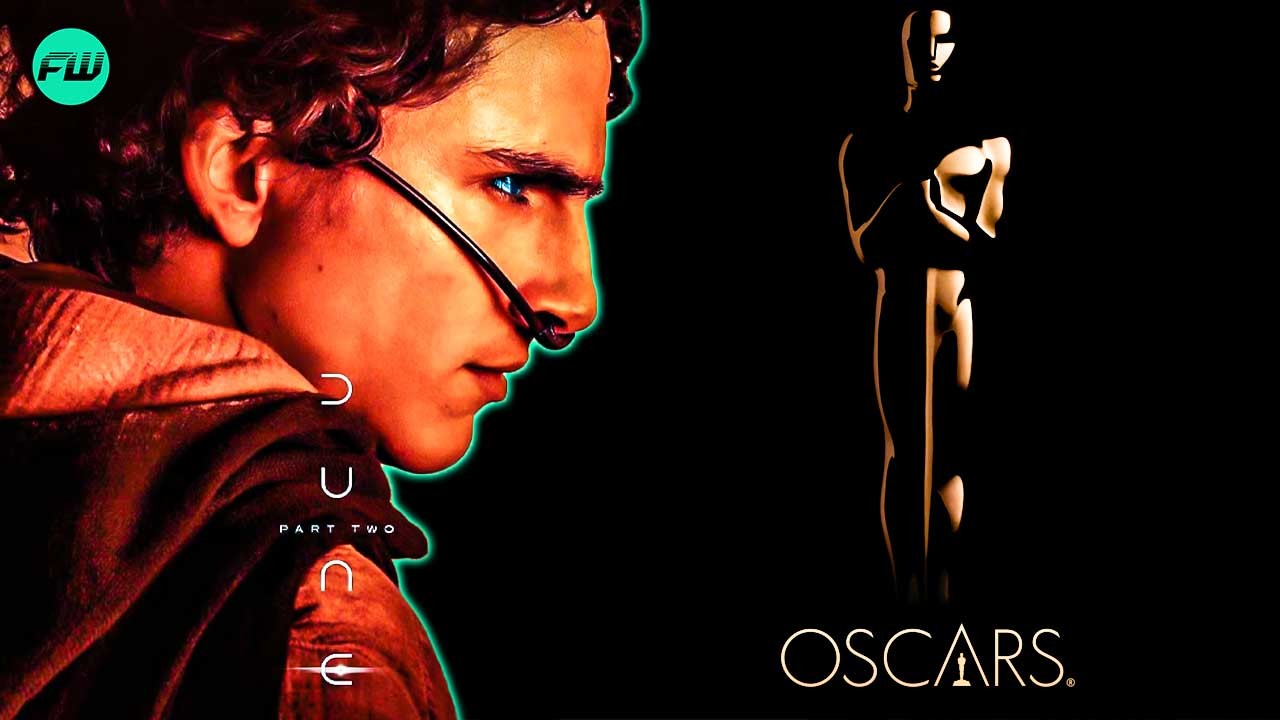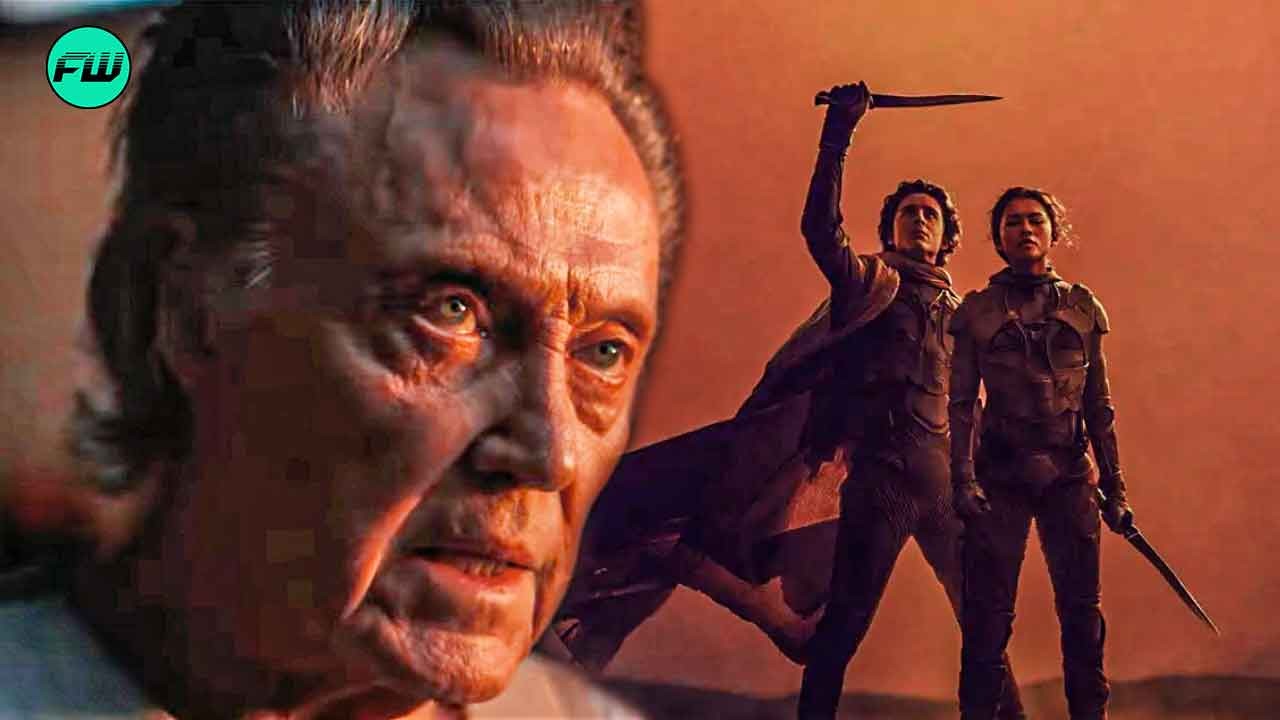Not only is Denis Villeneuve’s Dune: Part Two bringing in raking in the big bucks at the box office, but it is also receiving an abundance of laudation from critics and crowds alike. With the latest release’s conclusion leaving the horizon open for an upcoming installment, fans have now taken to eyeing the prospects of seeing Frank Herbert’s follow-up book, Dune Messiah, adapted for the screen.
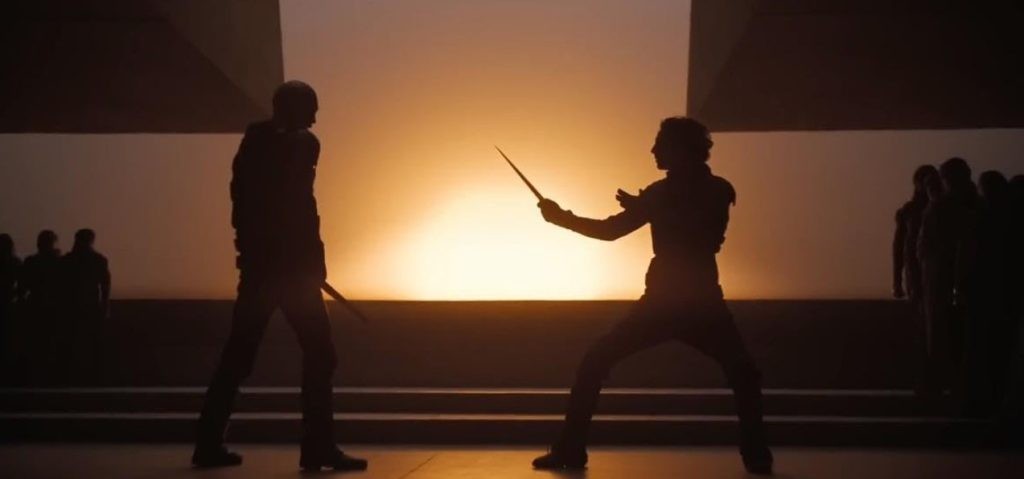
Of course, filmmaker Villeneuve himself has entertained the possibility, and we know from reports that the script for the third film has nearly been finished, with no inclination to rush the material. While the future appears enticing and intends to be the backdrop to the aftermath of Paul’s actions in Part Two, a particular element of the premise may disappoint some viewers on a scale reminiscent of Rian Johnson’s The Last Jedi.
And it has all to do with deconstructing what a hero means.
Denis Villeneuve’s Dune 3 Will Deconstruct ‘The Hero’ Trope
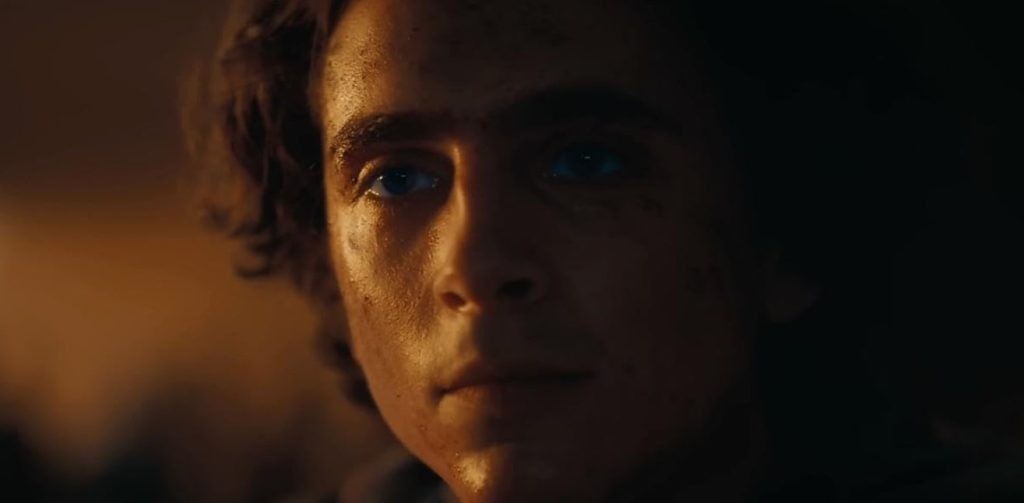
Debates surrounding media literacy have become commonplace on social media platforms. As regurgitation takes precedence over analysis, failure to comprehend subversive themes propagated by the creators of a particular medium poses a problem. And that could prove the downfall of the attempts to deconstruct what it means to be the prophesized one or the ‘hero’ of a tale, as Denis Villeneuve, much like Frank Herbert, has been intent on doing.
This means that when audiences see Timothée Chalamet‘s Paul Atreides from the first installment to this latest one, they see ‘heroic’ tendencies and related archetypes following the layered character. Nonetheless, the premise of Frank Herbert’s Dune Messiah is that Paul is anything but.
While a few may argue that it had been blatant even within the first novel, where our protagonist’s actions can very well strike as not acts of heroism but self-preservation, manipulation, and vengeance, it is the second book that holds up the mirror to those who, much like the Fremen, get enticed into the hero-worship of the false prophet.
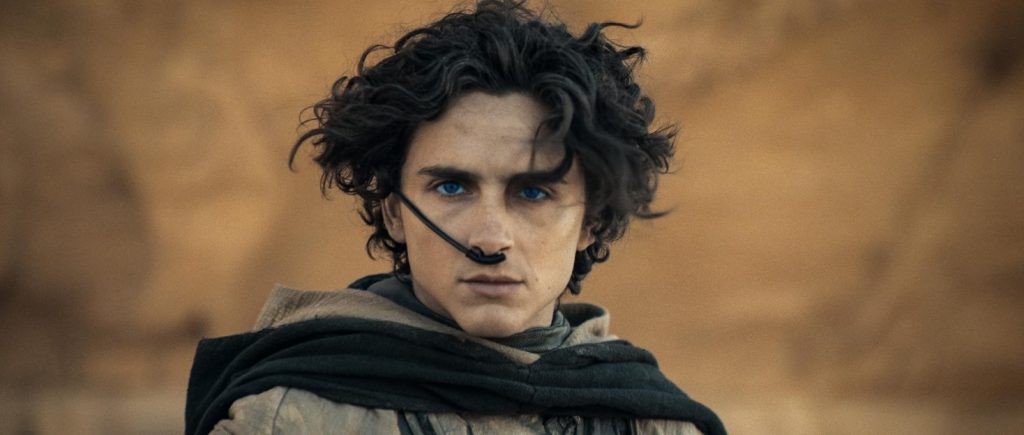
This is what the movies intend to do, as well.
As best explained by Denis Villeneuve (via Empire Magazine),
“Dune Messiah was written in reaction to the fact that people perceived Paul Atreides as a hero—which is not what he [Frank Herbert] wanted to do. My adaptation [of Dune] is closer to his idea that it’s actually a warning.”
And although avid enjoyers of the text (and the films) know this now, the average movie-goer may not. And in holding a mirror to these tropes, in questioning these archetypes, those who expect Dune Messiah to continue the high-octane adrenaline-induced battle-filled journey of Paul from the first two installments may wind up feeling disappointed.
‘Cause it won’t be the tale of a layered protagonist transposed as a savior, as the ‘chosen one.’ It will, in fact, reflect on the tragic, unwilling messianic figure, after a 12-year time jump, whose reign leads to humanity’s extensive suffering and the moral implications of which he ends up struggling with. It will be a conspiratorial political tale, a warning issued by Herbert that Denis Villeneuve intends to echo.
Could Dune Be Exempted From The Fate That Befell The Last Jedi?
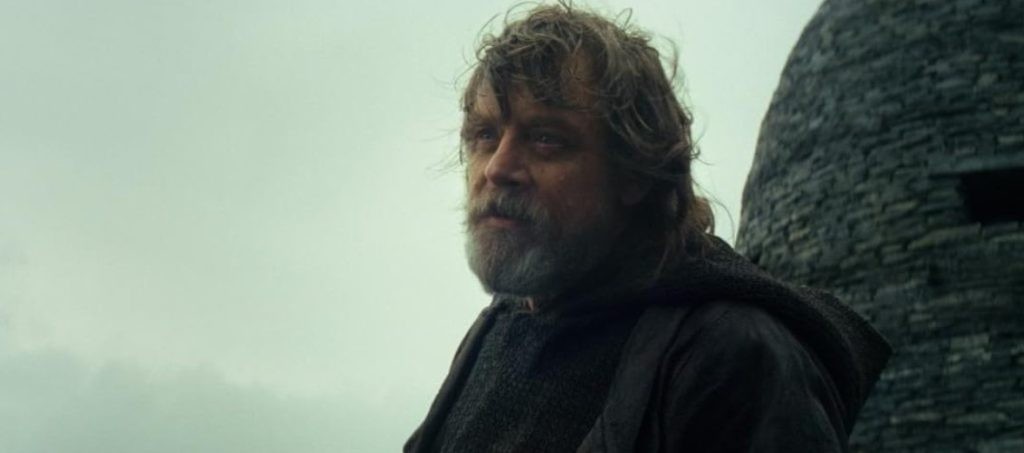
Fictional history demonstrates that moral ambiguity from a ‘heroic’ figure may prove difficult for some audiences to digest, especially in relation to the attributes of a character they were previously accustomed to.
Take Rian Johnson‘s The Last Jedi, for example, and the disastrous discourse birthed out of what many deem a deconstruction of Luke Skywalker, who was reduced to a husk of his former self, former glory.
Alas, these discussions have boiled down to the execution and, to an extent, the exclusion of the audiences from seeing the journey that prompted such a drastic change in the Star Wars hero. Several criticisms in this regard proved valid.
Whether or not a similar discourse carries over to Dune and Denis Villeneuve remains highly debatable. However, if the subversion is not handled with care and gravitas, Villeneuve, too, may become the target of such widespread criticisms, particularly among the crowd of viewers who consider Paul the unambiguous hero, the definitive liberator.
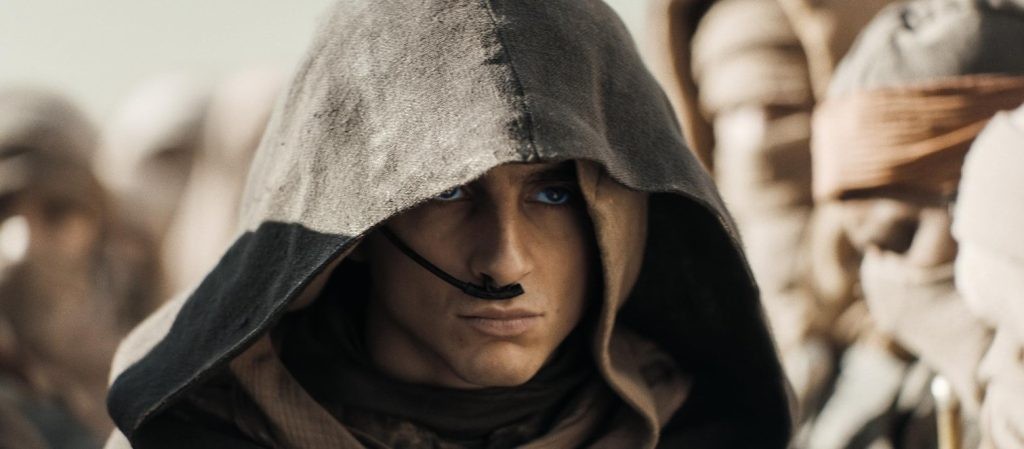
That, of course, doesn’t seem to be the case, at least from what we can discern from Dune: Part Two co-writer Jon Spaihts’ statements to Mashable:
“The function of Dune Messiah in the Dune canon is in some ways a repudiation of Dune. […] I think Frank Herbert came away from [Dune] troubled a little bit that perhaps he had put too much of a real crown on his savior he was trying to warn people about,”
He continued:
“So, Dune Messiah really is his reply to himself and his reply to Dune.”
Of how Denis Villeneuve may have perfected the approach into the third film with his ending of the second, Spaihts affirmed:
“The lovely thing is that the way Denis has shaped the end of Dune: Part Two has set the table even better than the novel does for the coming machinations of Dune Messiah…”
The wheels appear in motion with how intricately Villeneuve plans to carry the story forward, given the distinctions between Part Two and Frank Herbert’s 1965 novel and the conclusion the filmmaker sets up for the recent release. Whether some among the general audiences fail in their reception and interpretation of this upcoming subversion of Paul’s perceived heroism remains to be seen.
Dune: Part Two is out in theatres now.

